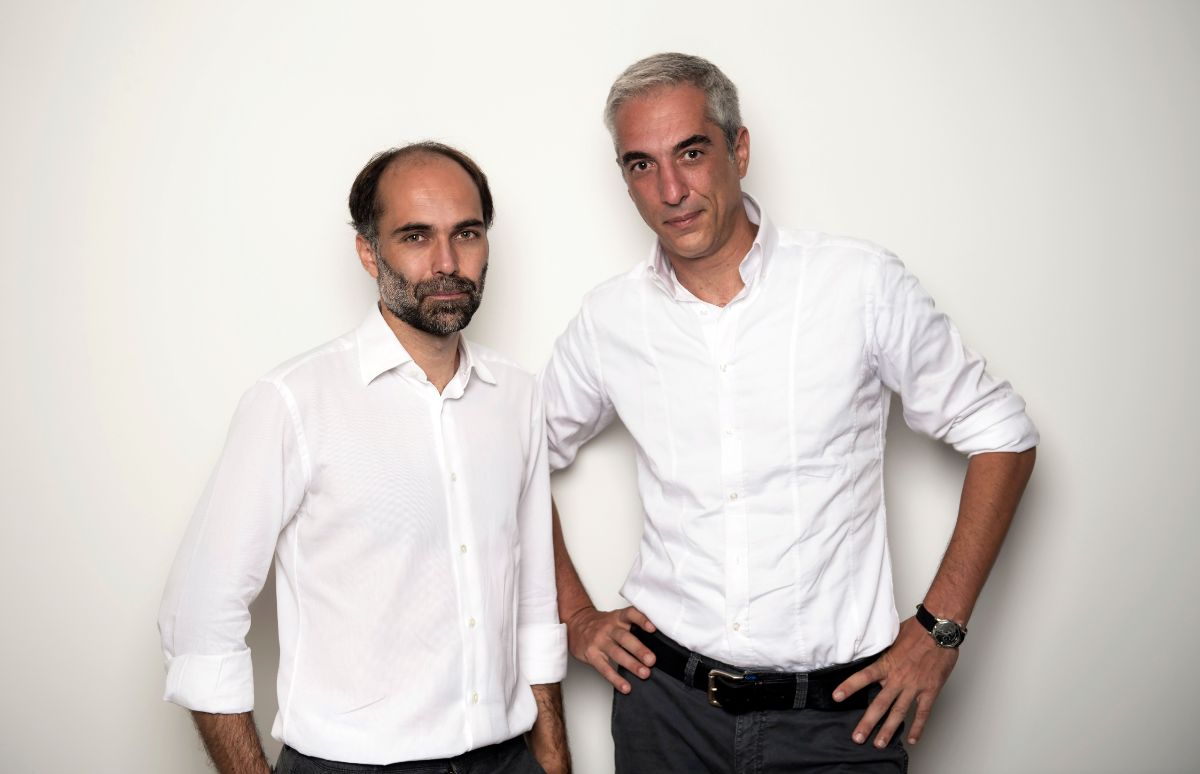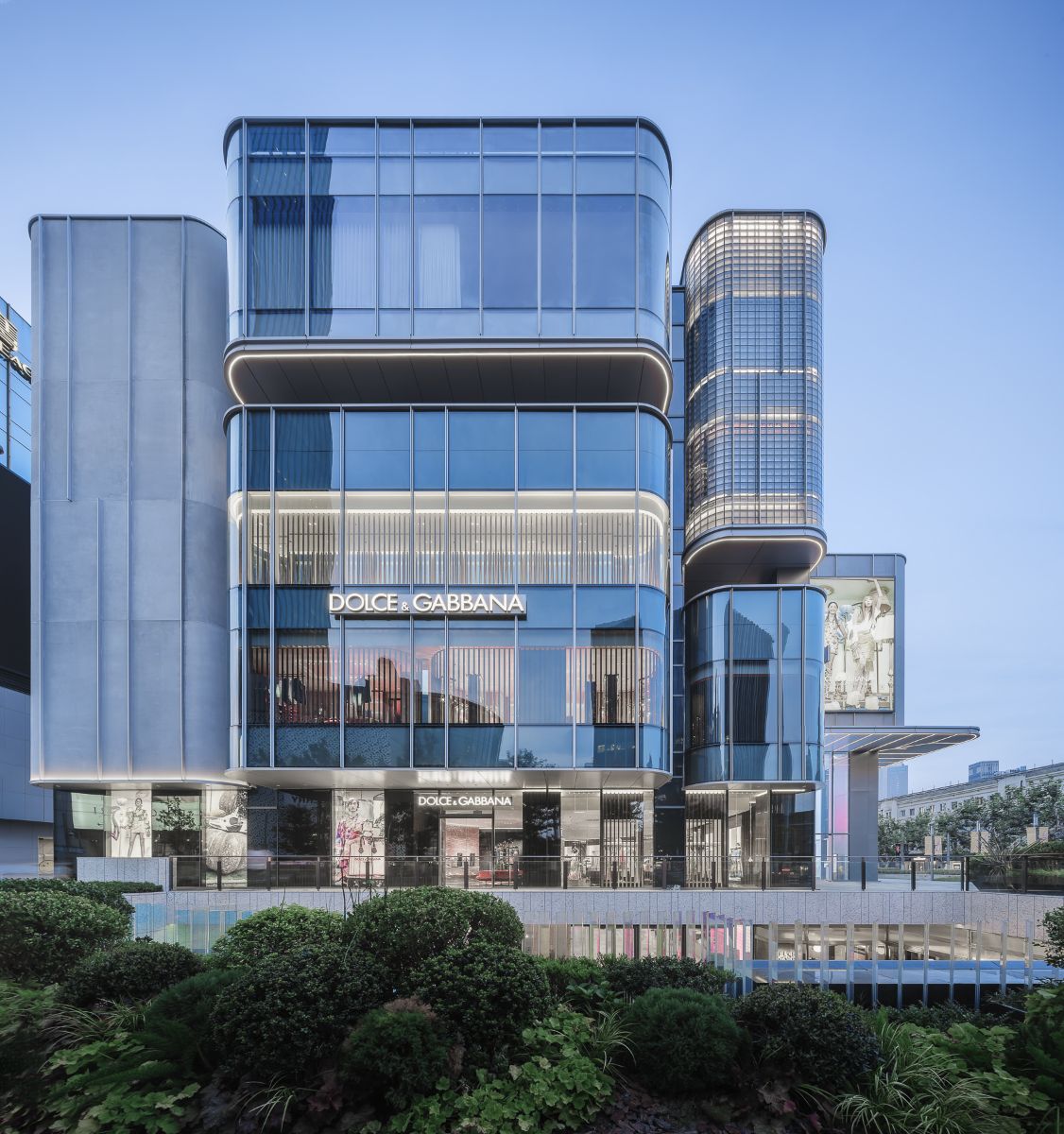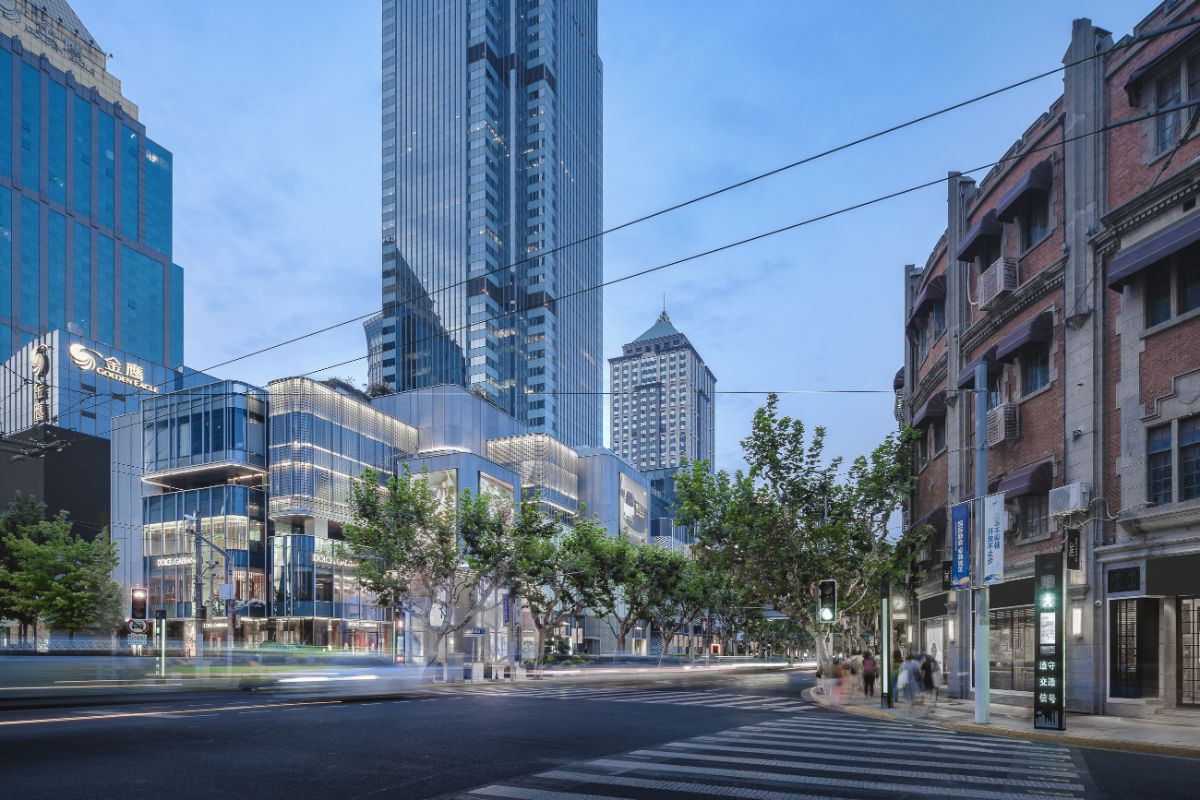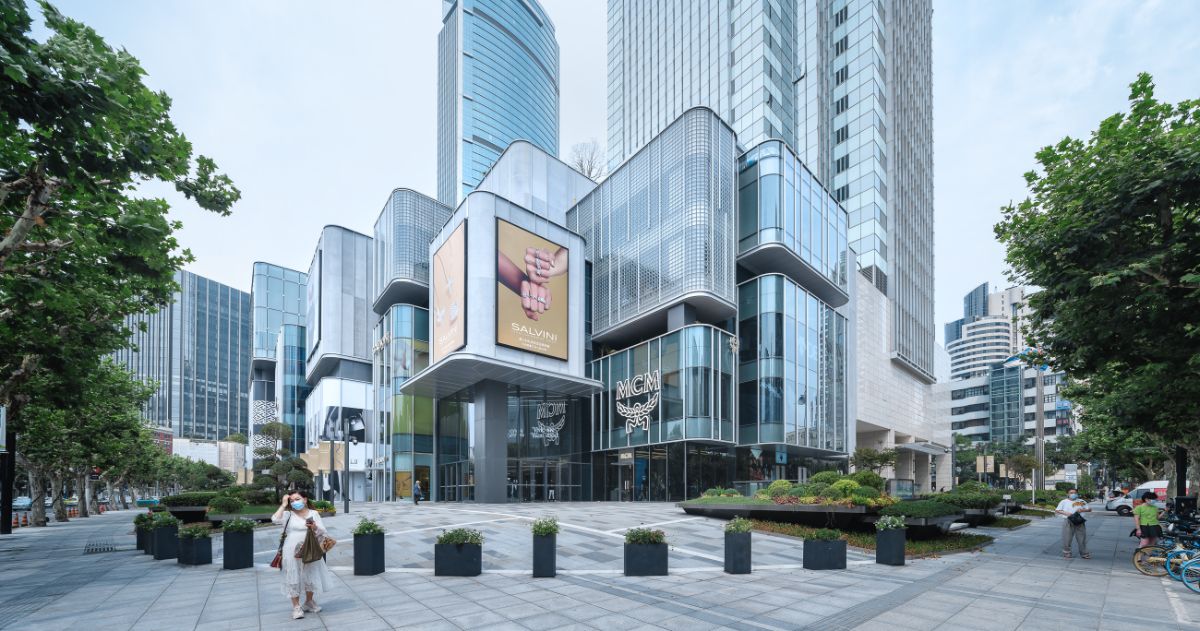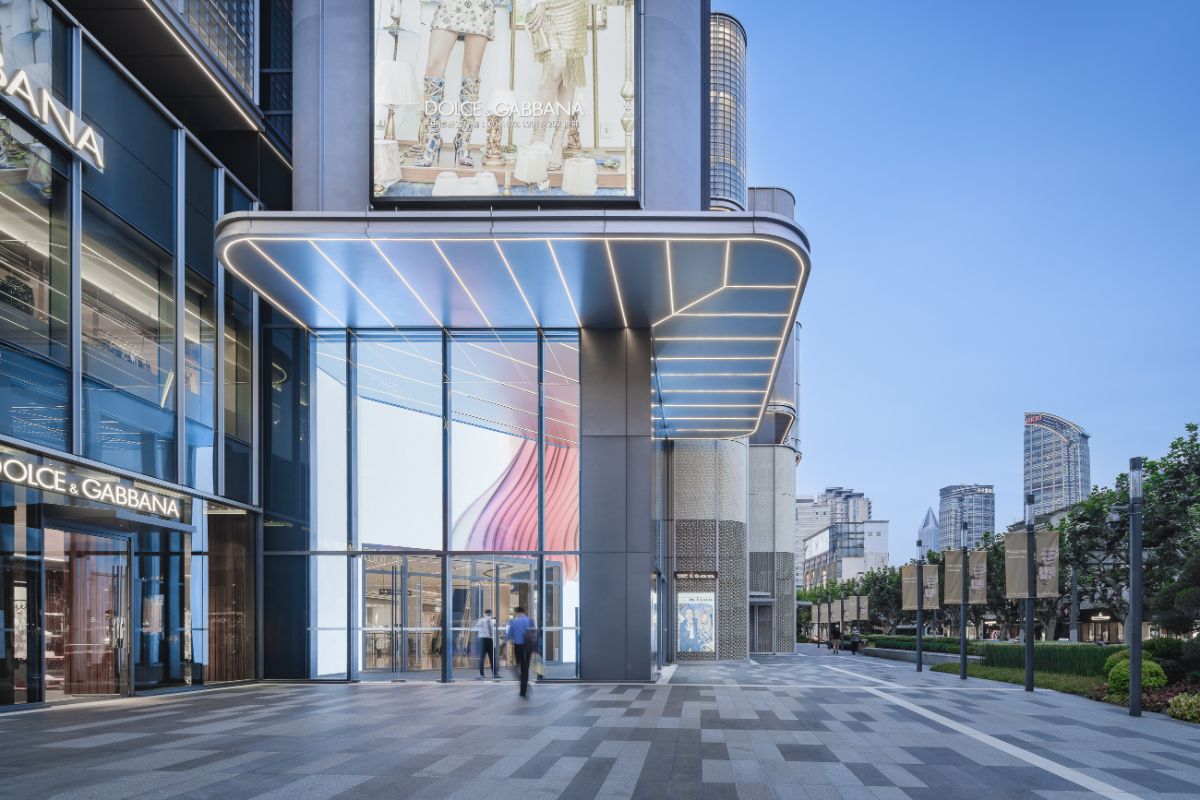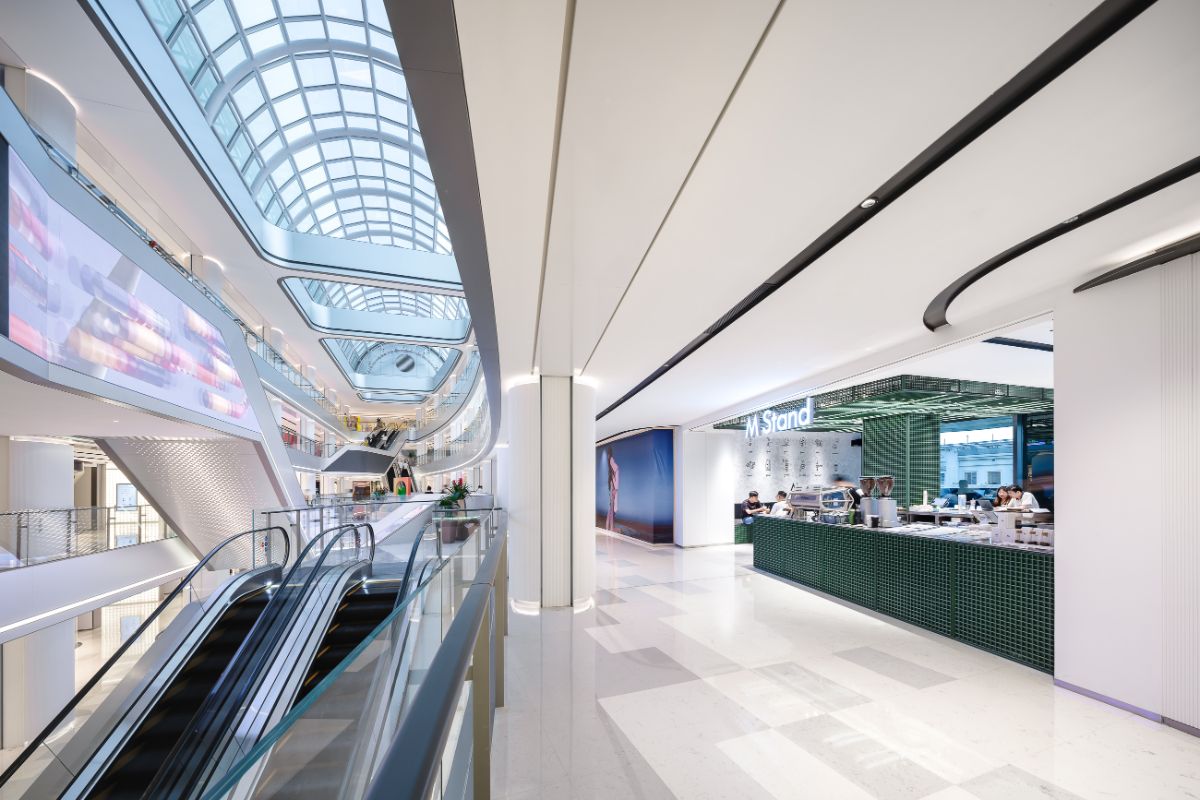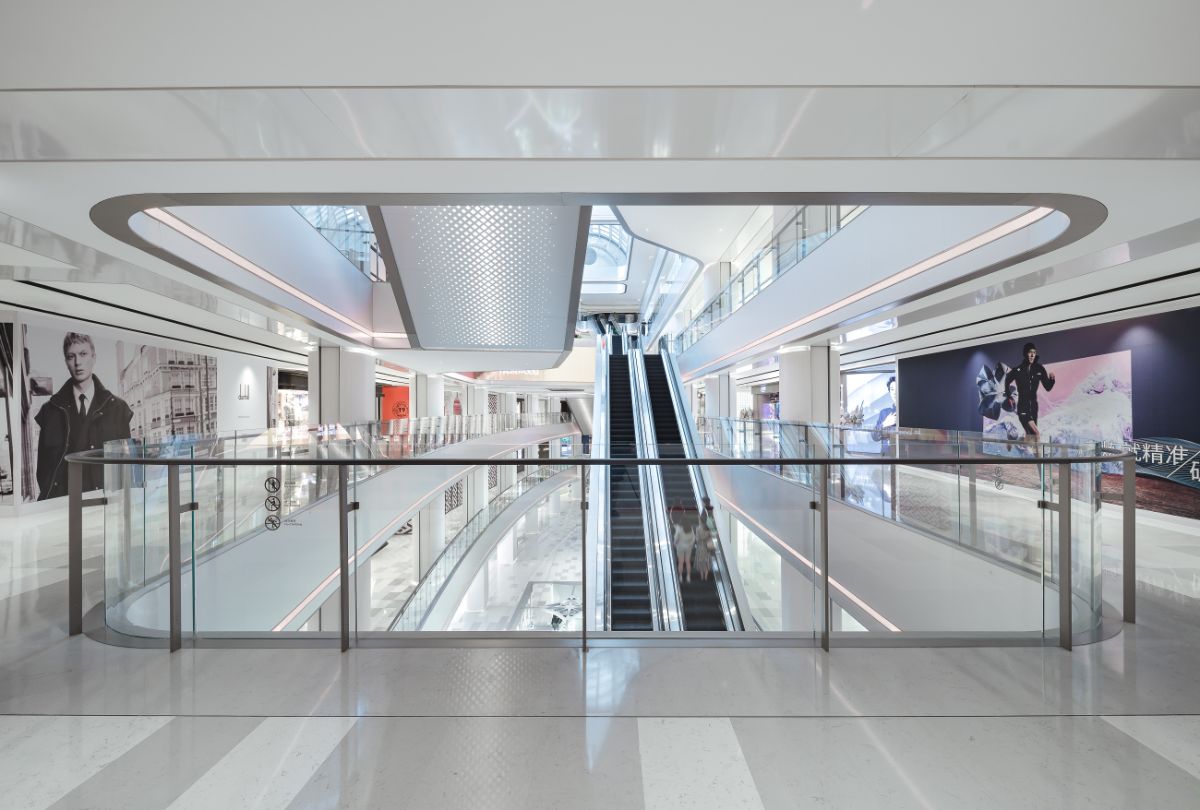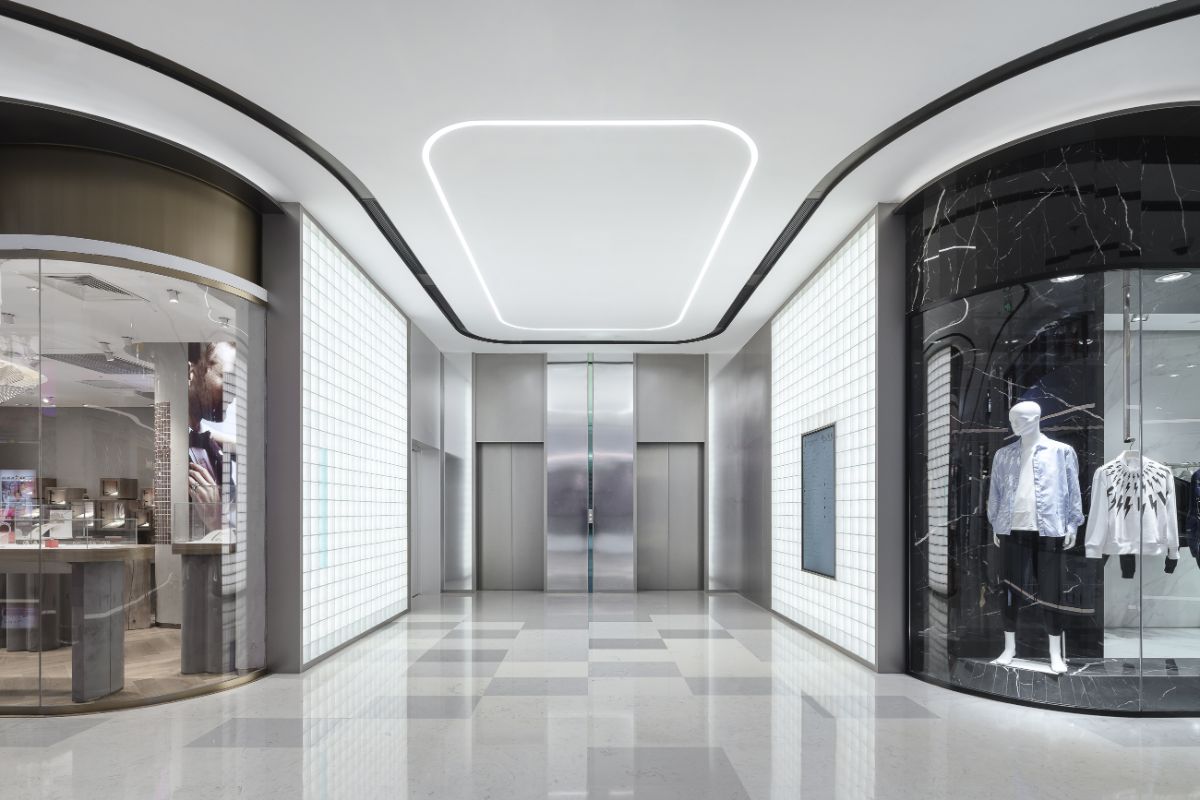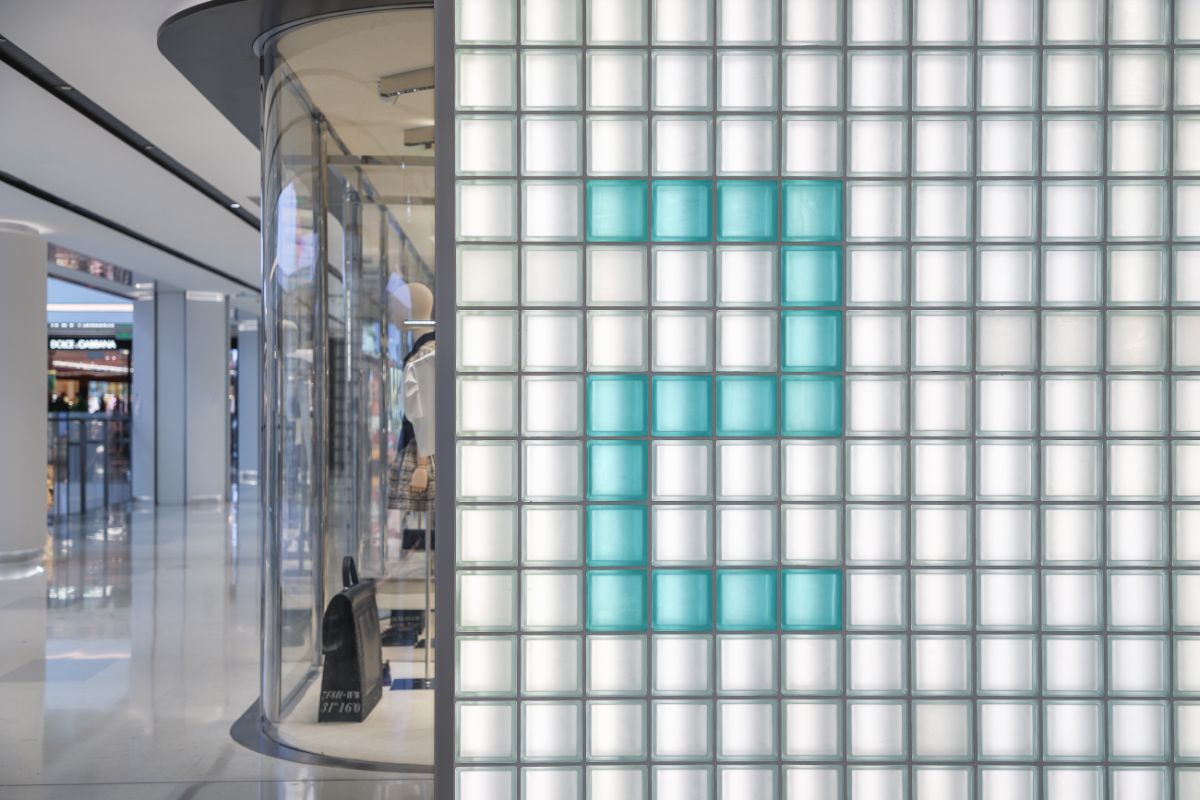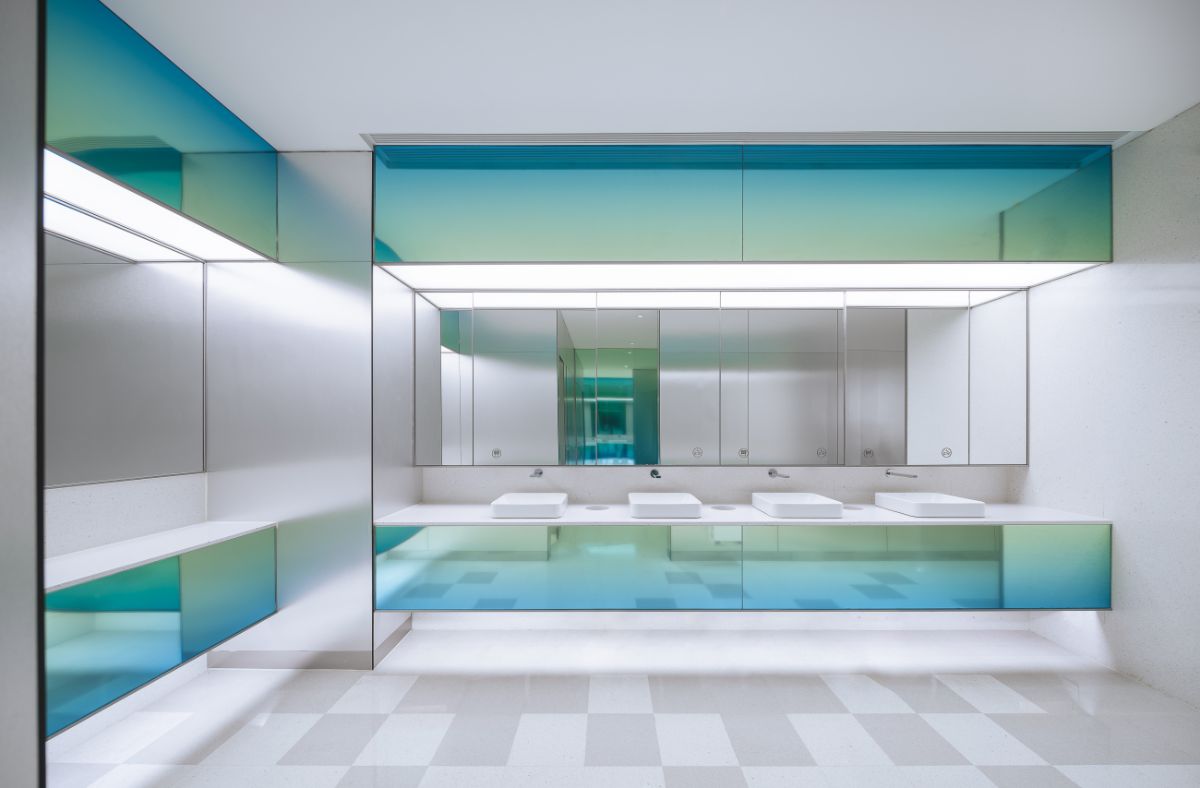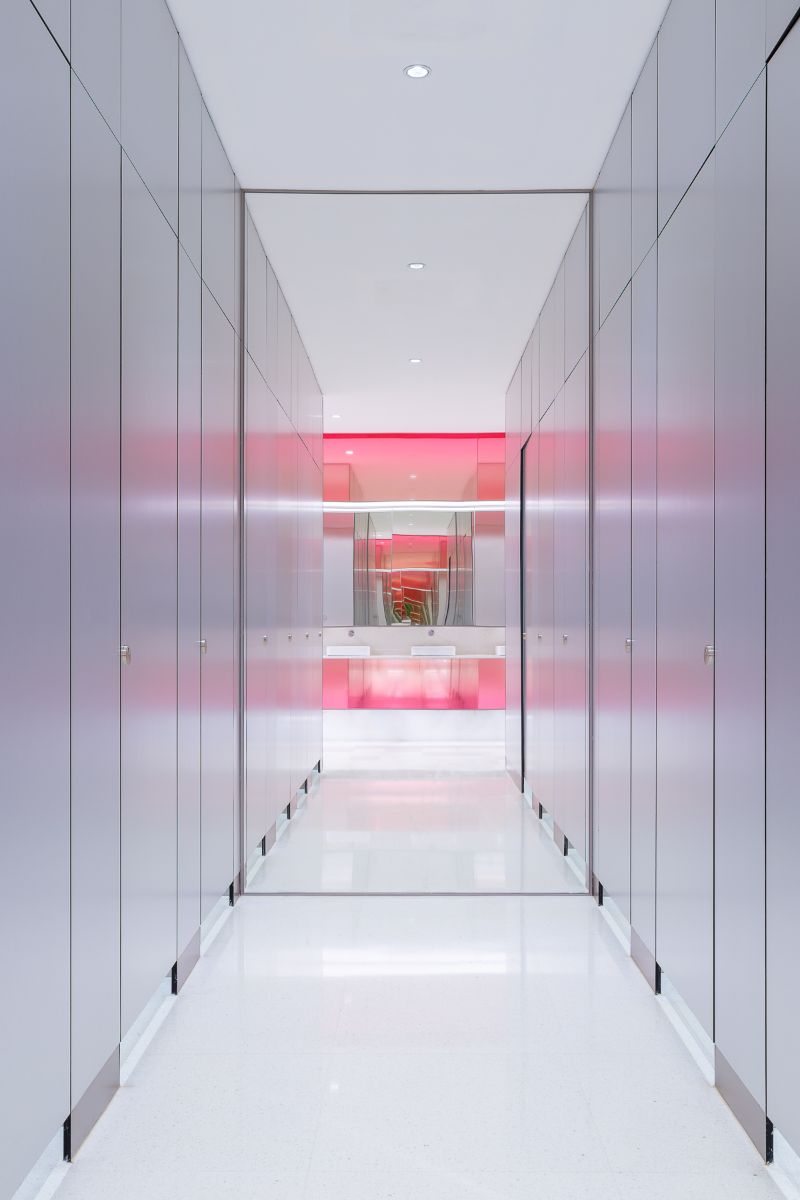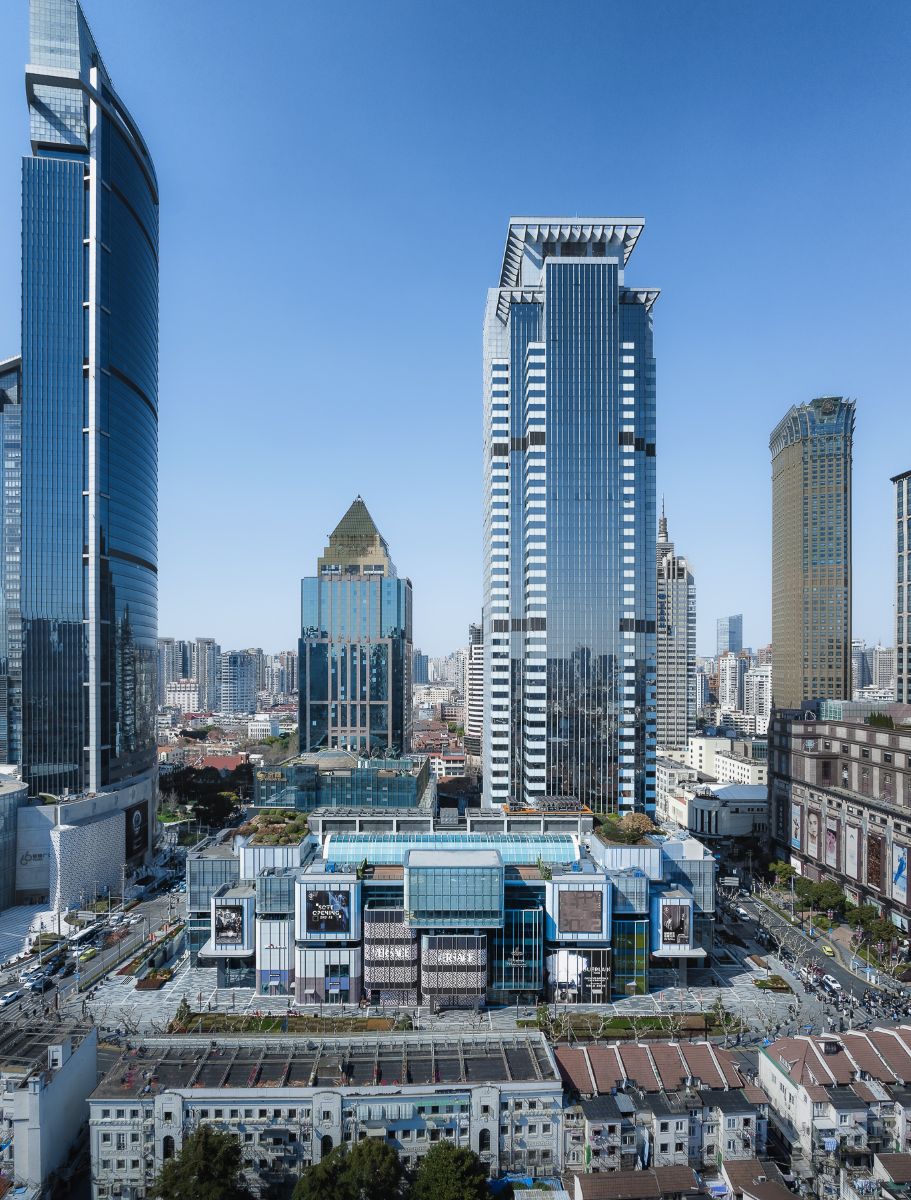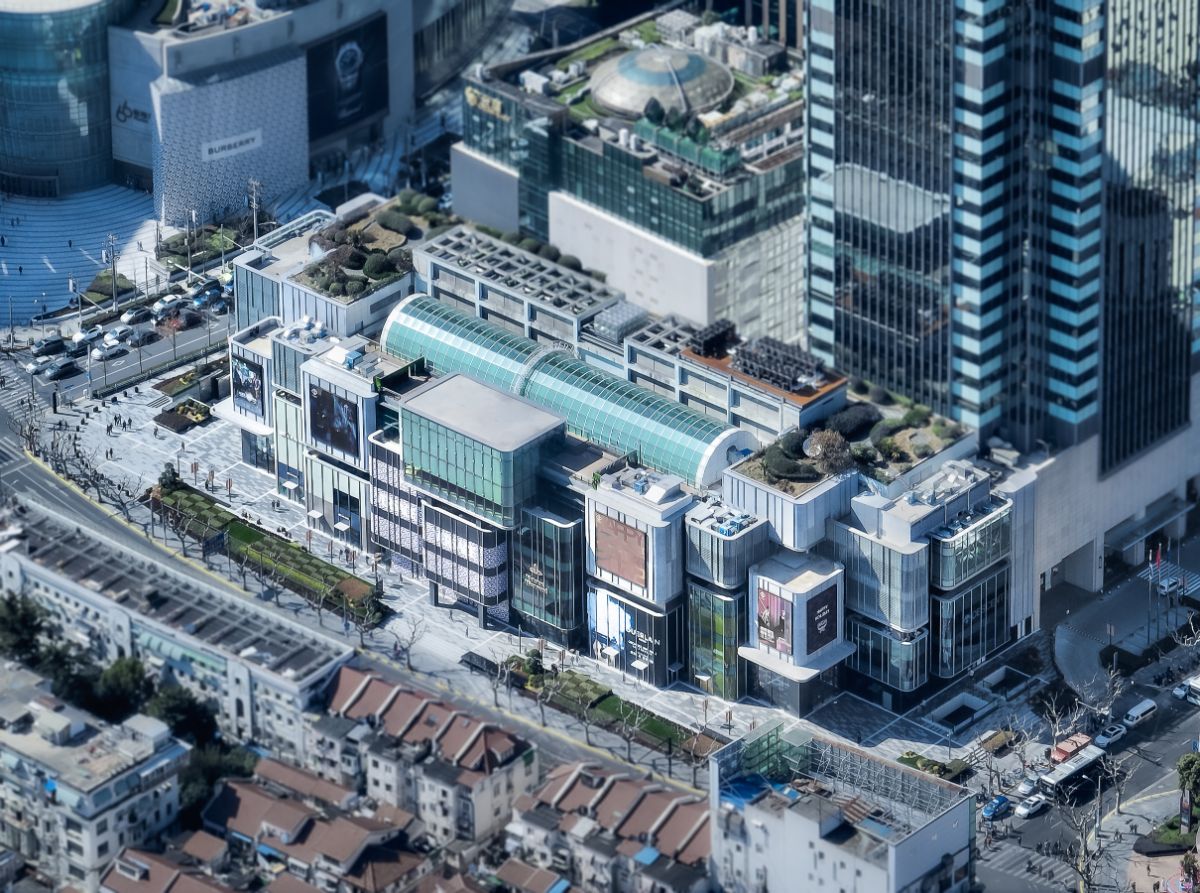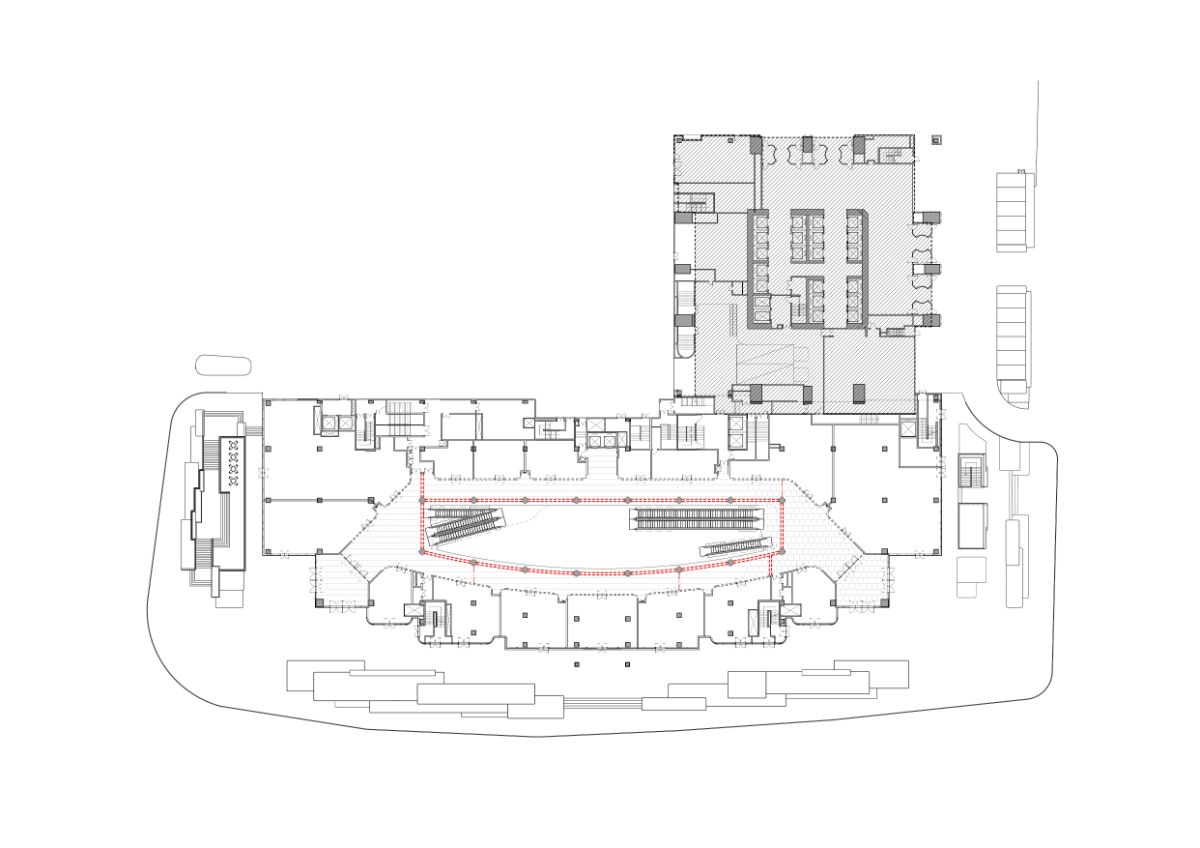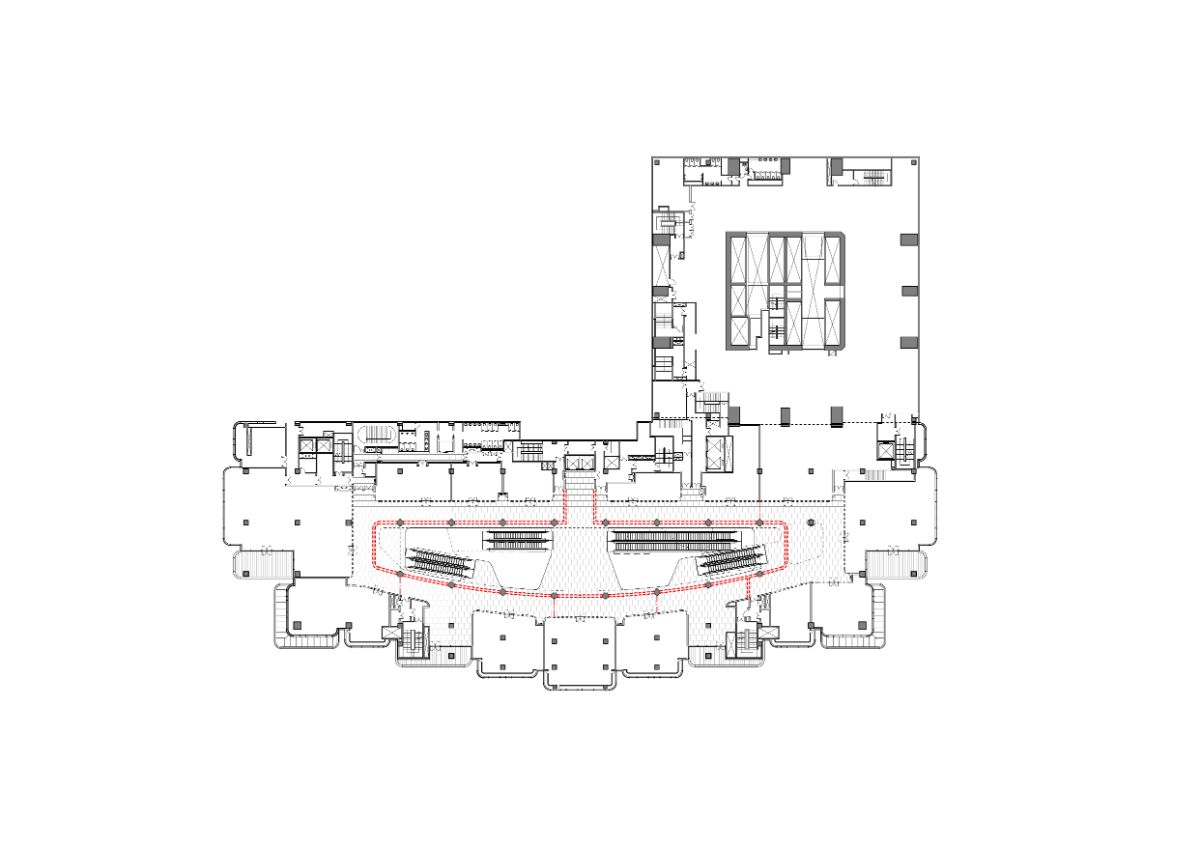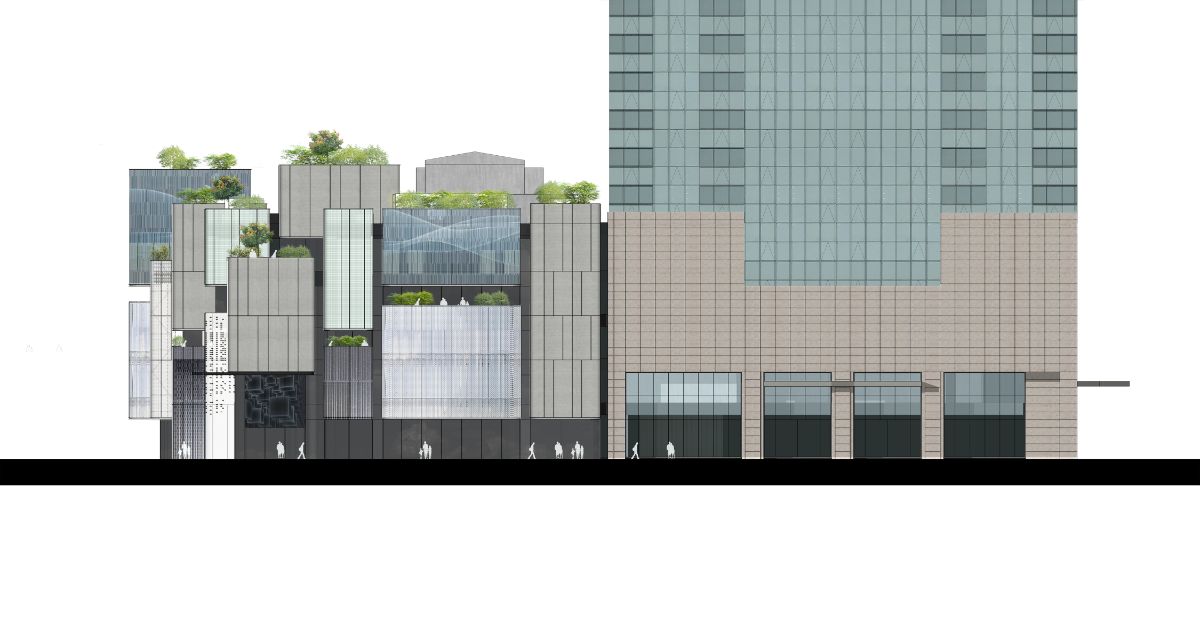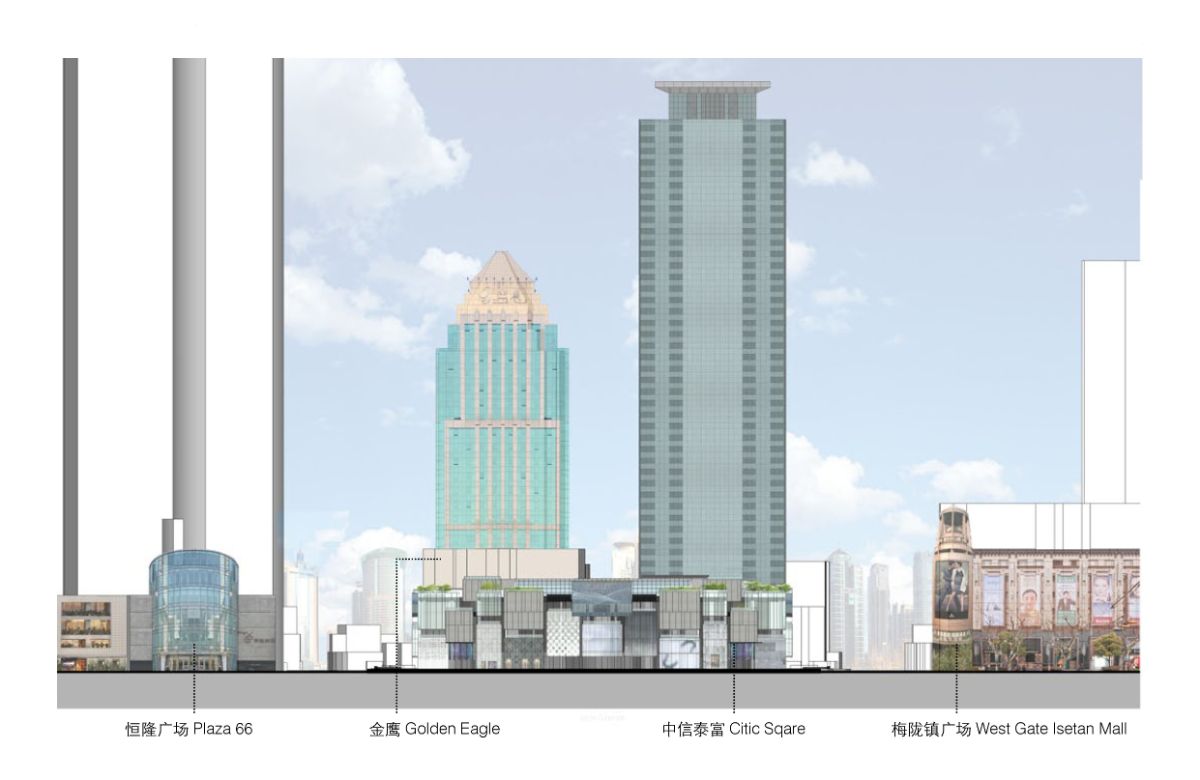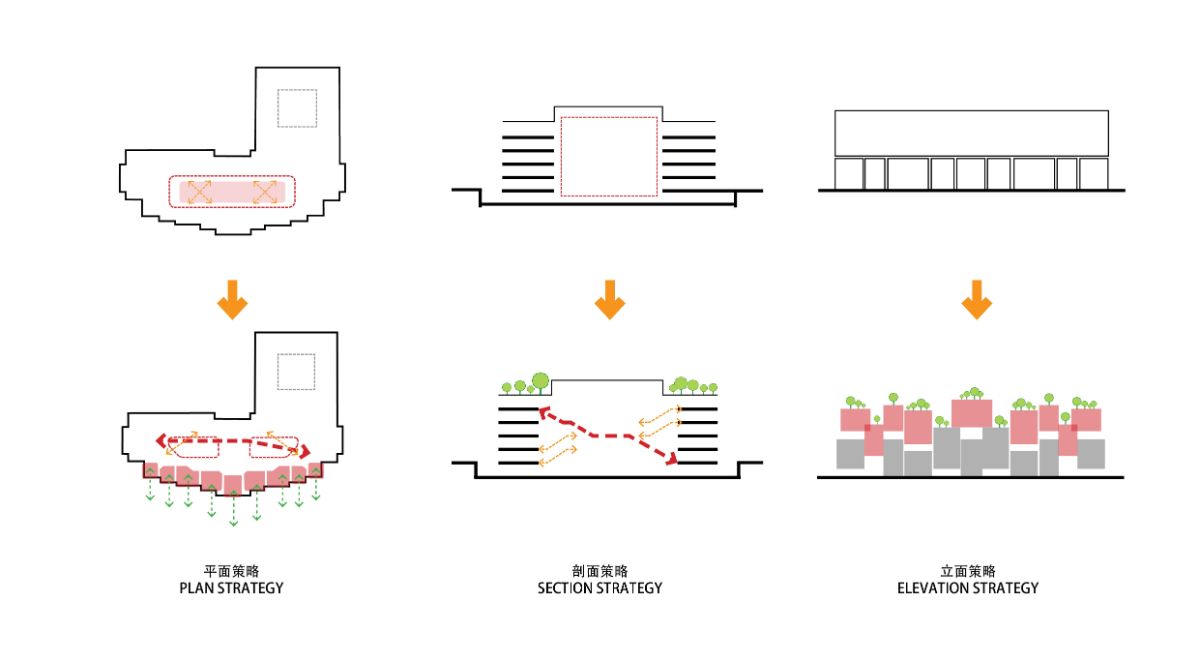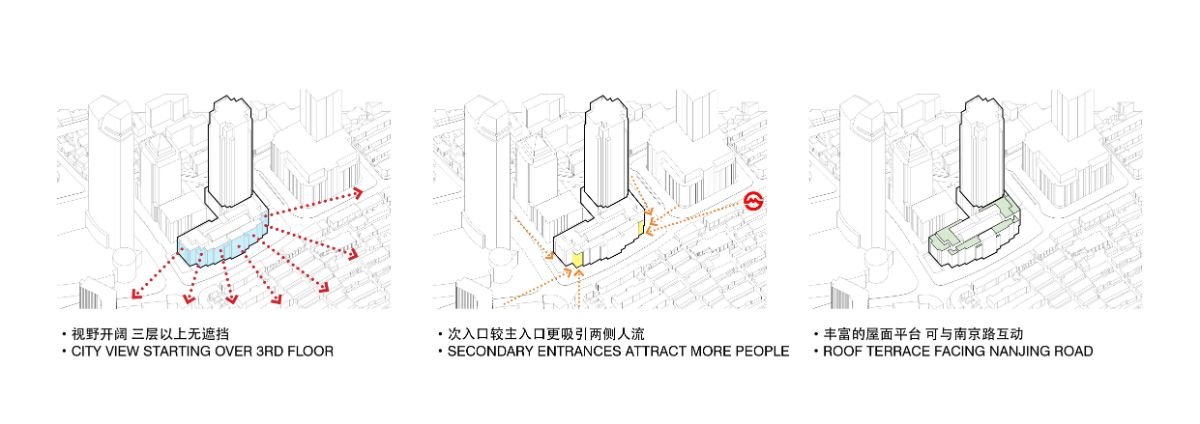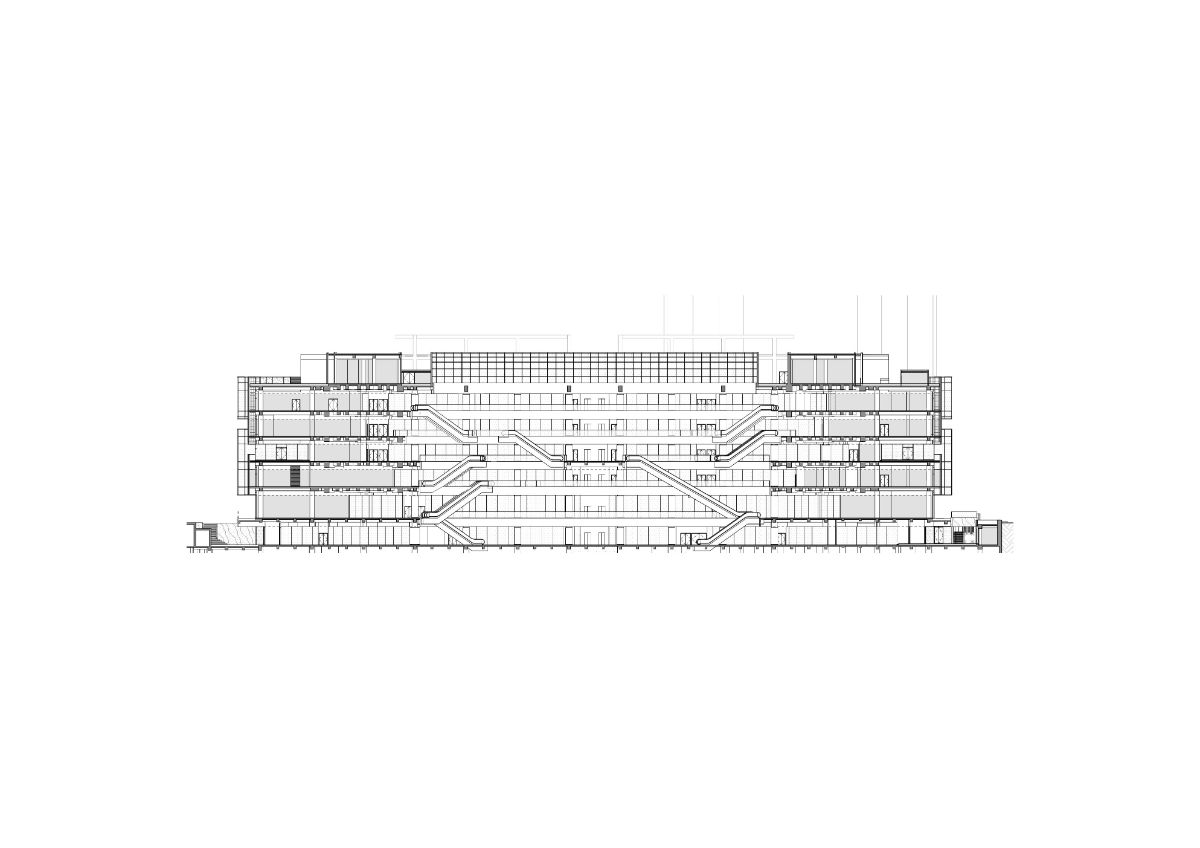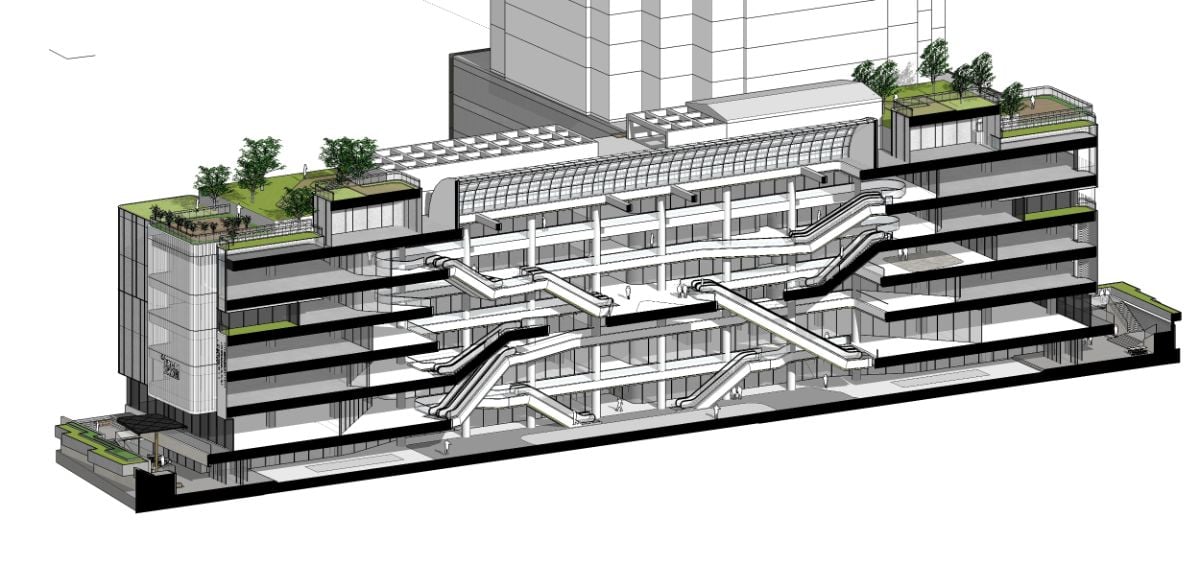
Site: Shanghai, China
Client: CITIC SQUARE
Service Scope: Architecture Renovation+Interior Design
Grand Opening: September 2022
Site area: 13,670 sqm
GFA: 34,500 sqm
Design Company: Kokaistudios
Chief Architects: Andrea Destefanis, Filippo Gabbiani
Architecture Design Director: Li Wei
Architecture Design Team: Muyun Zhao, Eva Maria Paz Taibo, Dongyin Li, Ru Chen
Interior Design Director: Rake Wang
Interior Design Team: Muyun Zhao, Ru Chen, Xiaowan Shen, Sara Zhang, Chenyu Huang
Photography & Video: Terrence Zhang
Text: Frances Arnold
Media Contact: Jacqueline Chiang
Email: [email protected]
About Kokaistudios
Kokaistudios is an award winning architecture and interior design firm founded in 2000 in Venice by Italian architects Filippo Gabbiani & Andrea Destefanis.
Headquartered in Shanghai since 2002 we have grown into multi-cultural firm of 60 people working on a global scale with projects in Asia, the Middle East, Europe and North America. Kokaistudios partners with our clients to collaboratively develop innovative & ground breaking projects in diverse fields of design.
Primarily focused on developing cultural, corporate, commercial, hospitality & retail projects we have also worked extensively on urban regeneration projects involving the requalification of heritage locations.
Kokaistudios aims to develop projects that add positively to the built environment and social fabric of the cities and countries in which they are located.
Dynamic and futuristic, Kokaistudios’ latest renovation transforms a twenty-year old shopping mall into a modern lifestyle destination. By breaking up the mall’s boxy silhouette through seemingly floating pixels, the new architecture complements its historic surroundings, opening new vistas and possibilities.
Kokaistudios’ recently completed architectural renovation project of CITIC SQUARE shopping mall epitomizes Shanghai’s inherent duality. With a futuristic aesthetic combining multimedia elements and some of today’s most sought-after brands, it sits seamlessly alongside one of the city’s best-preserved examples of traditional, historic lane housing.
Located in Jingan district on main thoroughfare Nanjing West Road, the transformed building’s pixel-inspired facade and carefully selected materials break the traditional ‘box’ shape to blur the boundaries between city and mall, public and private.
Completed in 2000, the mall lacked several of the elements demand by today’s lifestyle-led retail environment: flexible multimedia components; attractive outdoor spaces; and eye-catching interiors for high-profile, luxury F&B outlets.
Kokaistudios’ interior and exterior renovation not only brings the mall up to date in terms of a destination shopping-hospitality experience, it successfully reintegrates CITIC SQUARE into the fabric of Shanghai by opening up previously hidden vistas, and playing on scale to complement the mall’s layered urban context.
Pixels are central to Kokaistudios’ design approach. Their interpretation is both literal – such as the mall’s transparent grid facade – as well as conceptual: individual units that come together create a cohesive whole.
They are most visible on the mall’s Nanjing Road frontage where an outdated glass and stone facade has been replaced by a series of large-sized rectangles and squares of varying dimensions and gradated opacities, each protruding from the building’s core volume to create the impression of floating.
Effectively acting as individual shop windows, this ‘pixel’ approach allows tenants to customize their own vitrines. Because each cube juts out from the building, passing street traffic is subject to three-dimensional impressions of the storefronts’ exterior.
Despite their contemporary connotations, the ‘pixels’ connect the mall to its historic urban context. Directly opposite is one of the city’s best-preserved lòngtáng: typical of Shanghai and dating from the early twentieth century, they are walled compounds of traditional lane housing, usually two- to three-storeys in height.
CITIC SQUARE’s pixels facade create a scale in keeping with the older architecture opposite. The dialogue between old and new continues through the frontage’s materials of fully transparent glass panes, semi-opaque glass bricks, and UHPC concrete panel.
A network of gardens both sunken and floating further blur the boundaries between private and public space, CITIC SQUARE and the city of Shanghai. These include terraces atop each of the facade’s pixel windows, significantly enhancing stores’ attractiveness to shoppers by the unique views.
Previously a repository for the mall’s mechanical functions and equipment, the roof has also been transformed into an outdoor dining area for CITIC SQUARE’s anchor F&B tenant and the square outdoor activity area.
In an expansion of the mall’s footprint, a twin sunken garden has been installed on its eastern side, mirroring an existing one to the West. The intervention facilitates flow through CITIC SQUARE’s basement level which will focus predominantly on lifestyle.
The design approach of breaking up the big-box mall continues inside the space, where a formerly vast atrium is now dissected by a mezzanine.
Because lower levels’ flagship custom made facades allows for greater light control as opposed to upper floors’ abundance of transparent glass, the platform creates two distinct atmospheres, signalling shoppers’ journey between fashion below, and F&B above.
The renovation also shifts visitor flow from up and down, to through the space thanks to escalators at the mall’s two entrances, both of which have been configured to anticipate their likely demographic.
For example, the East entrance opens into a lifestyle space due to its proximity to Nanjing Xi Lu subway station. The West entrance is close to nearby luxury shopping destination Plaza 66, and guides visitors towards thematically similar high-end fashion.
Like a secondary circulation tracking that of shoppers, LED screens run throughout the atrium in an infinite loop. Fully customizable, they update the mall into a dynamic multimedia space.
Resembling a pulsating data flow, they reinforce CITIC SQUARE’s pixel theme to digital, literal, and futuristic effect. The design trope is revisited in an abstract way in striking lift lobbies, where walls of glass bricks create impactful pixelated numbers.
In order to stand out in Shanghai’s increasingly congested retail landscape, malls must move with the times. At the same time, these large-footprint buildings must be comprehensively and seamlessly incorporated into public spaces.
Kokaistudios’ smart renovation of CITIC SQUARE achieves just this balance: now a fully flexible multimedia, lifestyle venue, it doesn’t dominate the Jingan skyline; rather it complements a rich, varied urban fabric.

